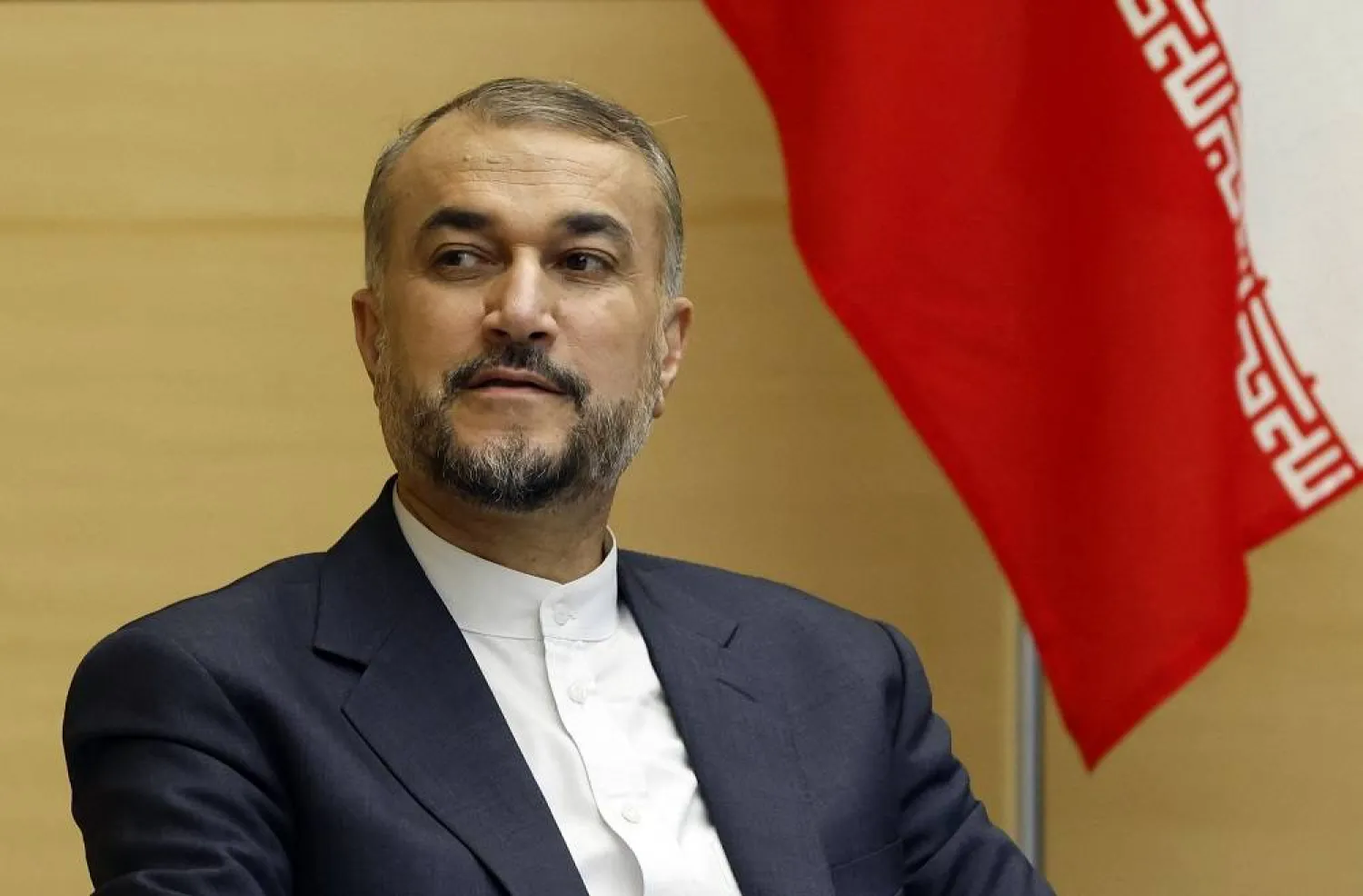Iranian Foreign Minister Hossein Amir-Abdollahian stated that the leak of a confidential document resulted in a slowdown of the implementation of a prisoner exchange deal with Washington.
He emphasized that his country is not seeking a temporary or limited agreement in the nuclear deal negotiations and anticipates Tehran being deprived of conducting transactions in dollars even if the agreement is reinstated.
Abdollahian’s remarks were made during a meeting with a group of journalists, days after the announcement of an Iran-US deal.
The deal commenced with the release of Iranian funds in South Korea. This coincided with the transfer of five US dual nationals from cells in Tehran’s notorious Evin Prison to a hotel under house arrest, in preparation for their eventual release.
Abdollahian did not deviate from previous statements regarding Iran’s strategy in nuclear negotiations and its efforts to improve relations with countries in the region, aiming to break its regional and international isolation.
The minister revealed that the Iranian government, under President Ebrahim Raisi, has been pursuing two tracks from the outset: “Cancellation of unilateral US sanctions and the nullification of their effect,” alluding to the policy of “sanctions evasion” advocated by Iranian Supreme Leader Ali Khamenei as a strategy to confront Western sanctions, both presently and in the future.
“We must continue to mitigate the impact of sanctions by using local currencies,” said Abdollahian.
“One of the ongoing discussions, based on the ten-page agreement text, is that even if the agreement works well, it cannot access a single dollar. We should realize that the inability to access the dollar can be resolved by using national currencies and multi-party mechanisms,” he added.
The minister noted that Iranian assets, newly released from the banks in South Korea, have been transferred to a European bank.
Indirect talks between Washington and Tehran to revive the nuclear agreement have stalled since last September.
Having failed to revive the pact, Tehran and Washington said they had reached an understanding under which $6 billion in Iranian funds will be unfrozen from South Korea while five American nationals detained in Iran will be released.









